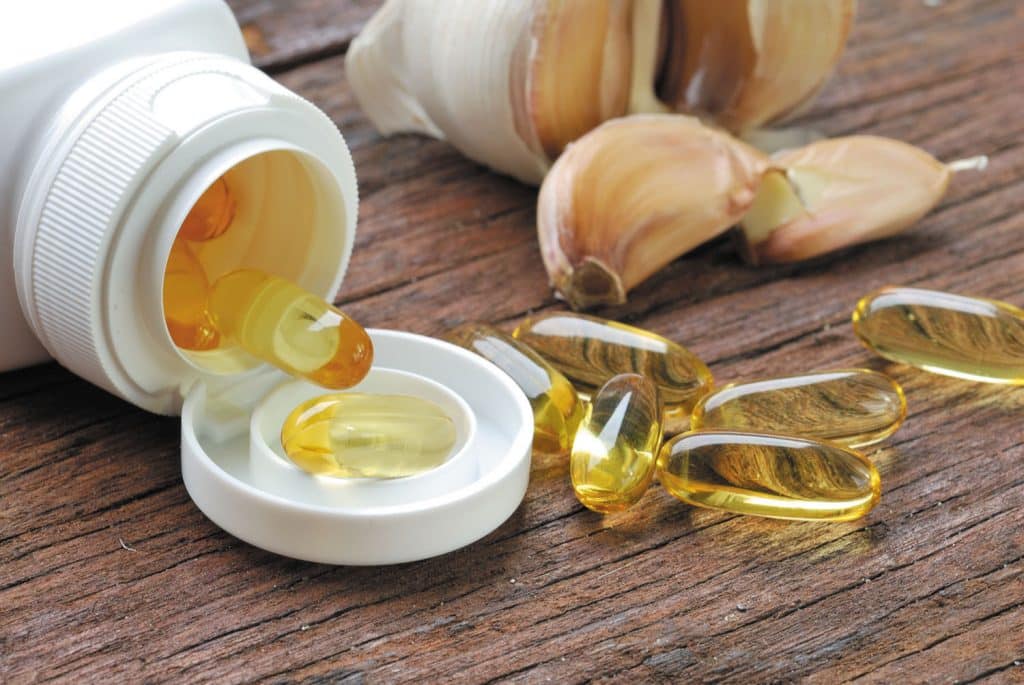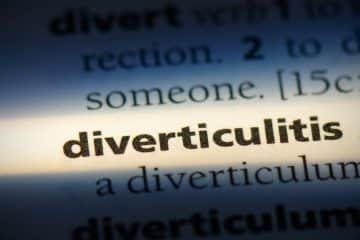Keeping your heart healthy requires a combination of strategies, such as eating a healthy diet, exercising regularly, and managing stress. Adding a dietary supplement may seem like another means of protection.
But be careful. Unlike prescription medications, supplements are often sold without evidence that they work or they’re safe. There’s no way to know what’s really inside pills or potions, since the FDA doesn’t evaluate whether the manufacture of supplements is high quality, such as whether the pills are free from impurities. The following supplements may pose heart risks.

Red yeast rice
Red yeast rice is made from a type of yeast grown on white rice. The supplements contain monacolin K, which is identical to the active ingredient in the cholesterol-lowering drug lovastatin (Mevacor). Small studies suggest such supplements with high amounts of monacolin K may be effective, which may be appealing to people unable to tolerate statin drugs.
Heart risks: You can’t tell how much monacolin K is in supplements. “Some products have little to none of the active ingredient, and others have the same amount as a low prescription dose. That may be fine if you’re not taking a statin, but if you are, you could be getting too much of the medication; that can cause muscle pain or even a life-threatening muscle breakdown that can damage other body systems,” says Dr. Pieter Cohen, an associate professor of medicine at Harvard Medical School who studies dietary supplements, including red yeast rice.
L-arginine
L-arginine is an amino acid and building block of nitric oxide, a molecule that helps relax and open blood vessels. L-arginine supplements are marketed as a way to increase circulation, lower blood pressure, and promote erections.
Heart risks: People with heart disease should avoid L-arginine. A study of L-arginine’s effect on heart attack survivors had to be stopped early after six people taking the supplement died. L-arginine may make blood pressure dip too low if you’re already taking medications to treat the condition. If you’re taking blood thinners, it may increase the risk for bleeding. And if you’re taking ACE inhibitors, it might cause your potassium levels to spike.
Garlic supplements
Garlic pills promise to lower cholesterol levels and blood pressure. Studies are mixed about the effects on cholesterol, no matter if the pill contains fresh garlic, dried powdered garlic, or aged garlic extract. Small studies suggest garlic supplements may slightly lower blood pressure.
Heart risks. Garlic supplements can increase the levels and effects of some medications for heart health, such as blood thinners (causing bleeding), cholesterol-lowering drugs (causing muscle damage), and blood pressure drugs (causing dangerous drops in blood pressure).
What if you’re not taking any other heart medications? “I don’t know of any evidence that taking garlic supplements is better for your heart than eating garlic in food,” Dr. Cohen says.
Best advice
Talk to your doctor before trying any new supplement, and be sure to ask if a supplement will interfere with any medications you’re taking.
More: Operculectomy


